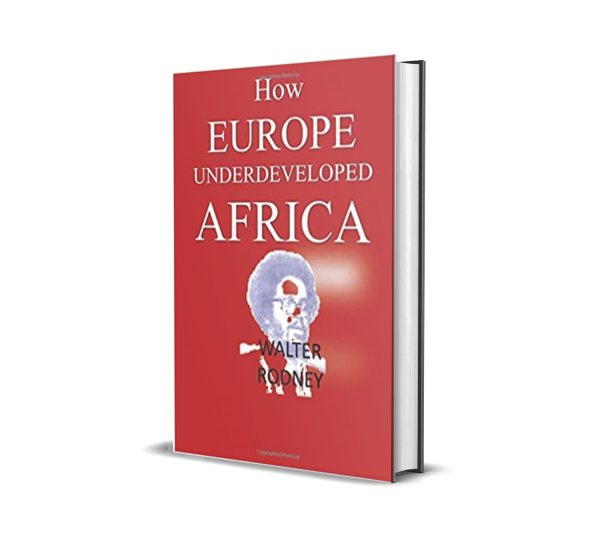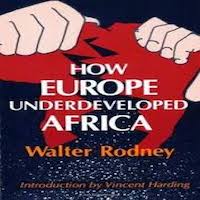

For human society,ĭevelopment implies an increasing capacity to regulate both internal and external relationships.ĭevelopment thereby is a multi-dimensional process, encompassing mode of life, production, health, transport, education, culture and other societal aspects. This chapter explains the two primary concepts that underpin the book: development and underdevelopment. (All the quotes and page references to HEUA are from the 2011 edition). Yet, to facilitate the ensuing discussion, that is what I attempt below. The major improvement in this version was the inclusion of a detailed Index.Ĭonsidering the diversity of continental conditions, societal dimensions, and historical nuances it deals with, one cannot summarize HEUA in a few pages without risking oversimplification.

Available in both print and e-book format, it featured ringing endorsements from thirteen eminent progressive scholars and stalwarts of social justice: Samir Amin, Horace Campbell, Angela Y Davis, Bill Fletcher, Norman Girvan, Gerald Horne, Lewis R Gordon, Adam Hochschild, Amina Mama, Adebayo Olukoshi, Issa Shivji, Cornel West and Emira Woods. In 2011, the Walter Rodney Foundation in association with Pambazuka Press, CODESRIA and Black Classic Press, Inc., brought out a new version with attractive design features. HEUA has been translated into four languages: Portuguese (1975), German (1980), Spanish (1982) and French (1986).


It contained an introduction by Vincent Harding, William Strickland and Robert Hill that gave an apt overview of the life and work of the fallen hero. A year after Rodney’s assassination in 1980, a new edition was issued by Howard University Press. In East Africa, it has been kept in print continuously by two local publishing houses. A North American print by the Howard University Press came out in 1974. HEUA was published jointly by the Tanzania Publishing House (Dar es Salaam) and Bogle-L’Ouverture Publications (London) in 1972. The Zanzibari revolutionary AM Babu wrote the postscript. Rodney wrote HEUA while at the History Department of the University of Dar es Salaam. As such, it was a potent weapon in the struggle for social liberation, It inspired, educated and directed countless readers, young and old, from all walks of life, towards anti-imperialist, Pan-Africanist and socialistic perspectives and actions. Revolutionizing the rendition of the continent’s past and present through its methodology, substance and style, its impact was felt far beyond academia. Walter Rodney’s How Europe Underdeveloped Africa ( HEUA) is no doubt the 20th century’s most important and influential book on African history.


 0 kommentar(er)
0 kommentar(er)
